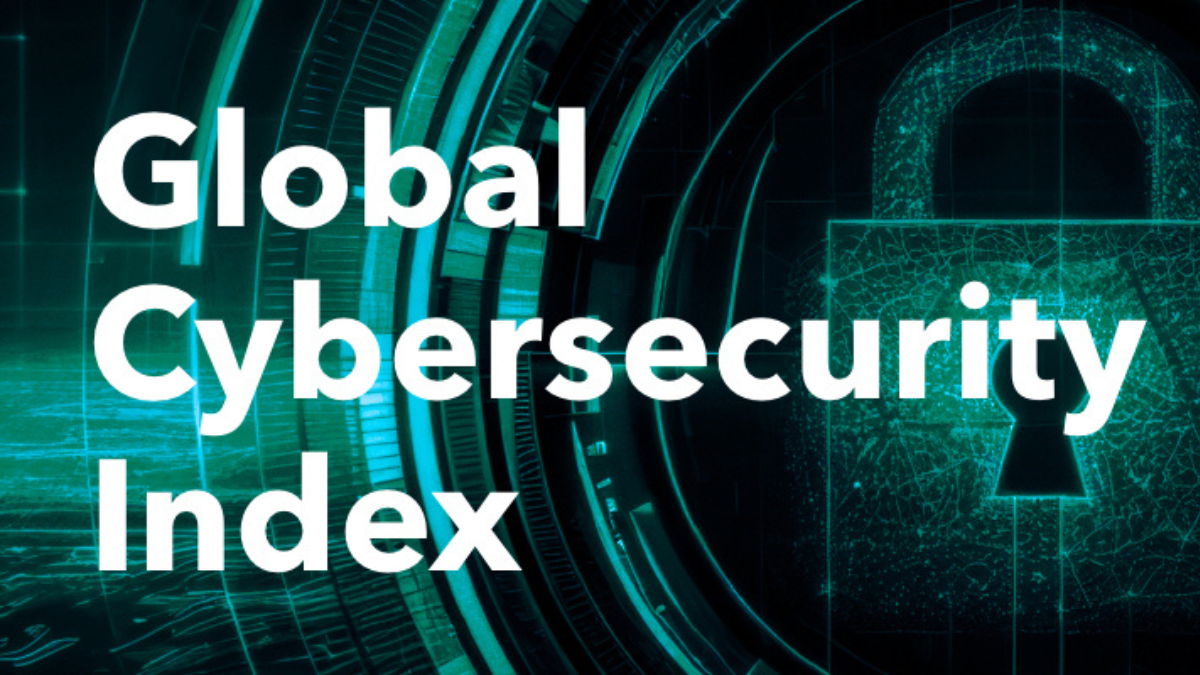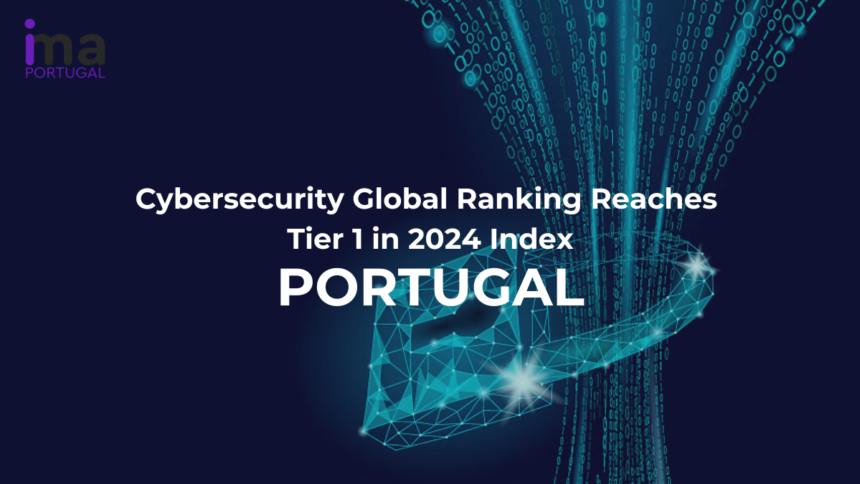The 2024 Global Cybersecurity Index (GCI) highlighted the exceptional preparedness of Portuguese cybersecurity systems and ranked the country among the best in the world. We obtained exclusive access to the GCI this Sunday.
Also Read: Portuguese Ambassador To The European Union Wants To Have An Active Voice Among 27 Member States
Portugal’s High Ranking in Global Cybersecurity Index

Portugal achieved the highest classification in the Global Cybersecurity Index. It was ranked in Tier 1 – Role-modelling (Level 1 – Example to Follow). However, globally Portugal secured the 4th place. It got 99.86 out of 100, matching the scores of Singapore and the USA.
This marks a significant improvement from the 2020 study, where Portugal was ranked 8th in the European Region with a score of 97.32.
These figures highlight the effectiveness of the strategy coordinated by the National Security Office/National Cybersecurity Center. They also demonstrate the capability of the country to tackle ongoing challenges in the ever-evolving digital security landscape.
Despite a slight change in ranking criteria this year, which now presents all countries together by Tiers, the Global Cybersecurity Index (GCI) continues to provide a thorough assessment of global cybersecurity measures.
The GCI evaluates countries based on five main pillars: legal, technical, organizational, capacity development, and cooperation. Portugal’s first-level classification underscores its comprehensive approach to cybersecurity.
Portugal as a Global Cybersecurity Model

This ranking highlights the country’s solid legal frameworks, advanced technical capabilities, well-structured organizations, and proactive efforts in capacity development and international cooperation.
The IGC sees the country as a model for other nations currently striving to improve their cybersecurity systems. The organization also highlights Portugal’s dedication to creating a safe and resilient digital environment for its citizens, businesses, and government institutions.
The document does not detail the specific cybersecurity initiatives Portugal has developed in recent years. However, the awarding of Level 1 status suggests a multifaceted strategy. This international recognition reinforces the position of the country as a leader in the global effort to build a safer cyberspace.
Tier 1 Classification Among European Partners
The IGC has awarded the Tier 1 classification to 46 countries this year. Among them are many EU Member States. However, these EU partners appeared with a lower level of preparedness:
- Austria
- Czech Republic
- Bulgaria
- Croatia
- Hungary
- Ireland
- Latvia
- Lithuania
- Malta
- Poland
- Romania
- Slovakia
Cybersecurity Challenges And Paths
The 2024 Global Cybersecurity Index also warns that while most countries around the world are making progress in cybersecurity, their actors continue to face a complex and evolving landscape. ITU experts outline six points that they consider essential for every nation to prepare for this problem.

1. The Human Factor
The report highlights that the human element remains crucial to cybersecurity. Individual actions and responsible digital behavior are fundamental. Therefore, promoting digital literacy is essential for strengthening cybersecurity.
2. Persistent Gap Between Developed and Developing Countries
This point is the ongoing gap in cybersecurity preparedness between developed and developing countries. The GCI emphasizes the need for increased capacity building and international cooperation.
Without these efforts, ensuring a safe digital environment for all is challenging. In cyberspace, borders are nearly nonexistent, making global collaboration essential.
3. Measuring Effectiveness
While many countries have cybersecurity initiatives in place, the document reminds us that without proper assessment of their effectiveness, these may be useless. It is not enough to create measures; they need to have an impact and effectively address real-world threats.
4. Real Implementation of International Agreements
While many countries sign cybersecurity agreements, translating these agreements from “paper” to actionable, tangible results can be challenging. Often, the process of turning commitments into concrete actions is slow or difficult to achieve.
5. Fostering Collaboration
The IGC warns that improving collaboration between government agencies, the private sector, and civil society remains a critical area for development. Moreover, effective coordination among these entities is essential for a successful cybersecurity strategy.
Read More About: Health Minister Will Make Structural Change In National Health Service (SNS)
6. Adapting The Cybersecurity Landscape
The cybersecurity landscape is constantly evolving. Since there are new technologies and threats emerging at a rapid pace all stakeholders need to stay vigilant. Countries need to adapt and continually update their skills and knowledge to stay one step ahead.






